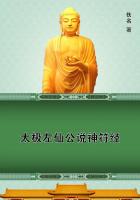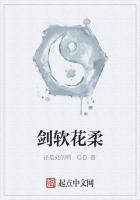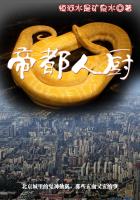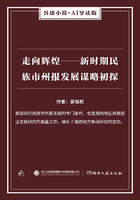She had already moved towards the comptoir to pay her few sous, when, chancing to look up in a mirror which hung above the counter, reflecting the interior of the cafe, she saw the stranger, after casting a hurried glance around him, remove from her plate the broken roll and even the crumbs she had left, and as hurriedly sweep them into his pocket-handkerchief.There was nothing very strange in this; she had seen something like it before in these humbler cafes,--it was a crib for the birds in the Tuileries Gardens, or the poor artist's substitute for rubber in correcting his crayon drawing! But there was a singular flushing of his handsome face in the act that stirred her with a strange pity, made her own cheek hot with sympathy, and compelled her to look at him more attentively.The back that was turned towards her was broad-shouldered and symmetrical, and showed a frame that seemed to require stronger nourishment than the ****** coffee and roll he had ordered and was devouring slowly.His clothes, well made though worn, fitted him in a smart, soldier-like way, and accentuated his decided military bearing.The singular use of his left hand in lifting his cup made her uneasy, until a slight movement revealed the fact that his right sleeve was empty and pinned to his coat.
He was one-armed.She turned her compassionate eyes aside, yet lingered to make a few purchases at the counter, as he paid his bill and walked away.But she was surprised to see that he tendered the waiter the unexampled gratuity of a sou.Perhaps he was some eccentric Englishman; he certainly did not look like a Frenchman.
She had quite forgotten the incident, and in the afternoon had strolled with a few fellow pupils into the galleries of the Louvre.
It was "copying-day," and as her friends loitered around the easels of the different students with the easy consciousness of being themselves "artists," she strolled on somewhat abstractedly before them.Her own art was too serious to permit her much sympathy with another, and in the chatter of her companions with the young painters a certain levity disturbed her.Suddenly she stopped.
She had reached a less frequented room; there was a single easel at one side, but the stool before it was empty, and its late occupant was standing in a recess by the window, with his back towards her.
He had drawn a silk handkerchief from his pocket.She recognized his square shoulders, she recognized the handkerchief, and as he unrolled it she recognized the fragments of her morning's breakfast as he began to eat them.It was the one-armed man.
She remained so motionless and breathless that he finished his scant meal without noticing her, and even resumed his place before the easel without being aware of her presence.The noise of approaching feet gave a fresh impulse to her own, and she moved towards him.
But he was evidently accustomed to these interruptions, and worked on steadily without turning his head.As the other footsteps passed her she was emboldened to take a position behind him and glance at his work.It was an architectural study of one of Canaletto's palaces.Even her inexperienced eyes were struck with its vigor and fidelity.But she was also conscious of a sense of disappointment.
Why was he not--like the others--copying one of the masterpieces?
Becoming at last aware of a motionless woman behind him, he rose, and with a slight gesture of courtesy and a half-hesitating "Vous verrez mieux la, mademoiselle," moved to one side.
"Thank you," said Miss Maynard in English, "but I did not want to disturb you."He glanced quickly at her face for the first time."Ah, you are English!" he said.
"No.I am American."
His face lightened."So am I."
"I thought so," she said.
"From my bad French?"
"No.Because you did not look up to see if the woman you were polite to was old or young."He smiled."And you, mademoiselle,--you did not murmur a compliment to the copy over the artist's back."She smiled, too, yet with a little pang over the bread.But she was relieved to see that he evidently had not recognized her."You are modest," she said; "you do not attempt masterpieces.""Oh, no! The giants like Titian and Corregio must be served with both hands.I have only one," he said half lightly, half sadly.
"But you have been a soldier," she said with quick intuition.
"Not much.Only during our war,--until I was compelled to handle nothing larger than a palette knife.Then I came home to New York, and, as I was no use there, I came here to study.""I am from South Carolina," she said quietly, with a rising color.
He put his palette down, and glanced at her black dress."Yes,"she went on doggedly, "my father lost all his property, and was killed in battle with the Northerners.I am an orphan,--a pupil of the Conservatoire." It was never her custom to allude to her family or her lost fortunes; she knew not why she did it now, but something impelled her to rid her mind of it to him at once.Yet she was pained at his grave and pitying face.
"I am very sorry," he said simply.Then, after a pause, he added, with a gentle smile, "At all events you and I will not quarrel here under the wings of the French eagles that shelter us both.""I only wanted to explain why I was alone in Paris," she said, a little less aggressively.















